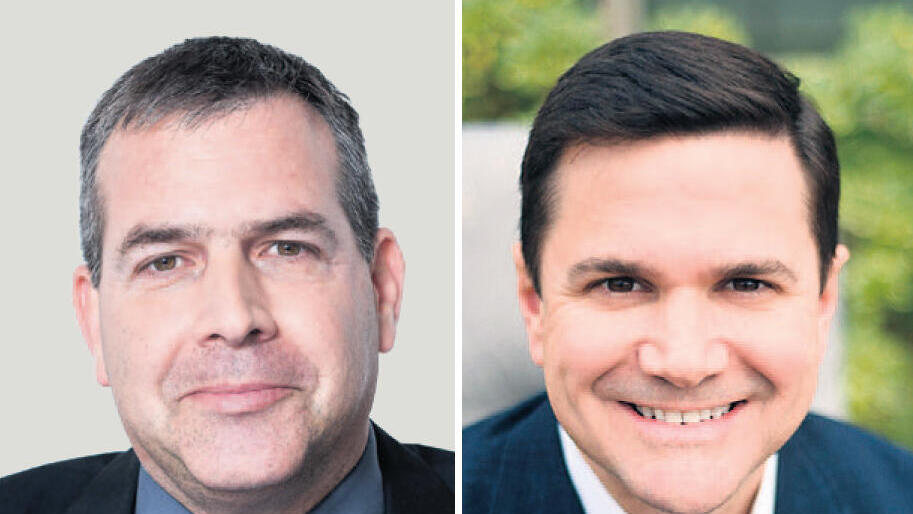
An early demise: The sad end of Israel’s EarlySense
The company, which developed sensors for hospital beds, fell into debt and went into receivership. The last of the company's employees submitted a request to open proceedings for fear of losing their money
Last week, the last ten employees at Israeli company EarlySense filed a request to initiate proceedings against the company, which is in the midst of receivership. The request was submitted through attorney Ofir Ronan to the District Court in Tel Aviv. The company's debts to its employees are estimated at approximately NIS 2.6 million (approximately $750,000).
The company, which developed sensors for hospital beds, was founded in 2004 by Dr. Danny Lange, Guy Sher, Yossi Gross, and Avner Halperin and raised a total of $150 million.
Last July, venture capital fund Kreos Capital filed a request to liquidate the company due to a loan of over $3 million that it advanced to the company and was not repaid. The request was approved by the court and lawyer Ronen Matry was appointed receiver of the company's assets. On November 6, as part of the collection of assets, the court approved the sale of the company's assets and activities, with the exception of excluded assets, to TytoCare, an Israeli medical equipment company, for approximately $2 million, of which $1.8 million in cash and the rest in shares. TytoCare will purchase the technology intended for home use.
In February 2021, the company sold the rights to use its technology to the American medical technology giant Hillrom (which was later sold to Baxter) for about $30 million. In the deal, Hilrom received exclusive rights to sell and use the Israeli company's technology in hospitals all over the world and gave up a significant part of its holdings.
According to the application for the collection of the assets, since the sale of the activity the company has not been able to market and sell its products and currently has only about $200,000 in its coffers. The company's employees were forced to resort to opening procedures so that they would receive the compensation they are legally entitled to in an orderly manner. Most of the capital that the company received from Hilrom was used for credit repayment and the rest for unsuccessful marketing and sales attempts.
Related articles:
Up until the deal which was signed in February, Hillrom was the largest shareholder in the Israeli company, which raised $39 million in 2019 from Hillrom and other backers. Additional investors include the Wells Fargo Strategic Capital fund, BlueRed Argos, Hotung Venture Capital, JK&B Capital, and Pitango VC - which before the breakup was the company’s largest shareholder.
EarlySense’s technology allows for continuous (more than 100 times per minute) monitoring of patient heart and respiratory rates without requiring physical contact with the patient. In addition, the technology alerts health professionals to potential patient deterioration events much earlier than traditional monitoring methods do. This technology is the core of EarlySense remote patient monitoring devices, and helps bring hospital-grade patient analytics to care settings that are outside traditional hospital facilities.
A former executive at EarlySense told Calcalist: "The company had two goals: to generate a good business and to save patients. The system treated ten million patients and saved many, but it failed in its business model."